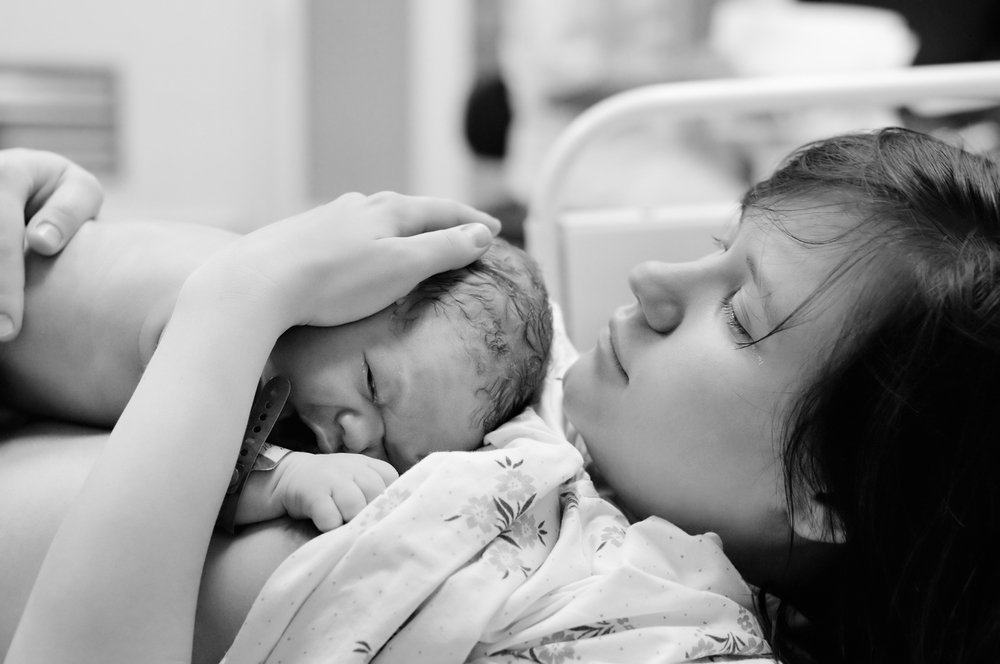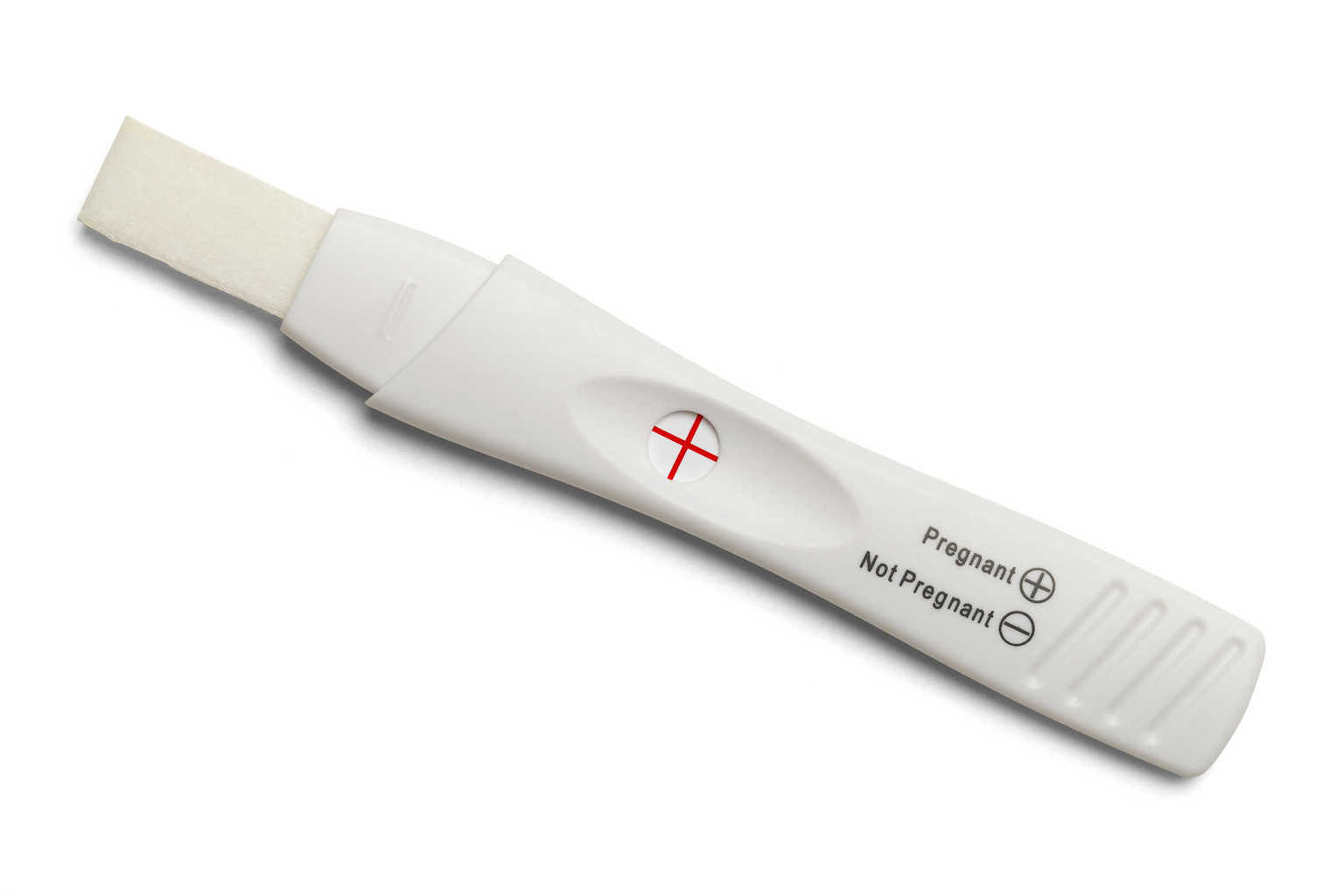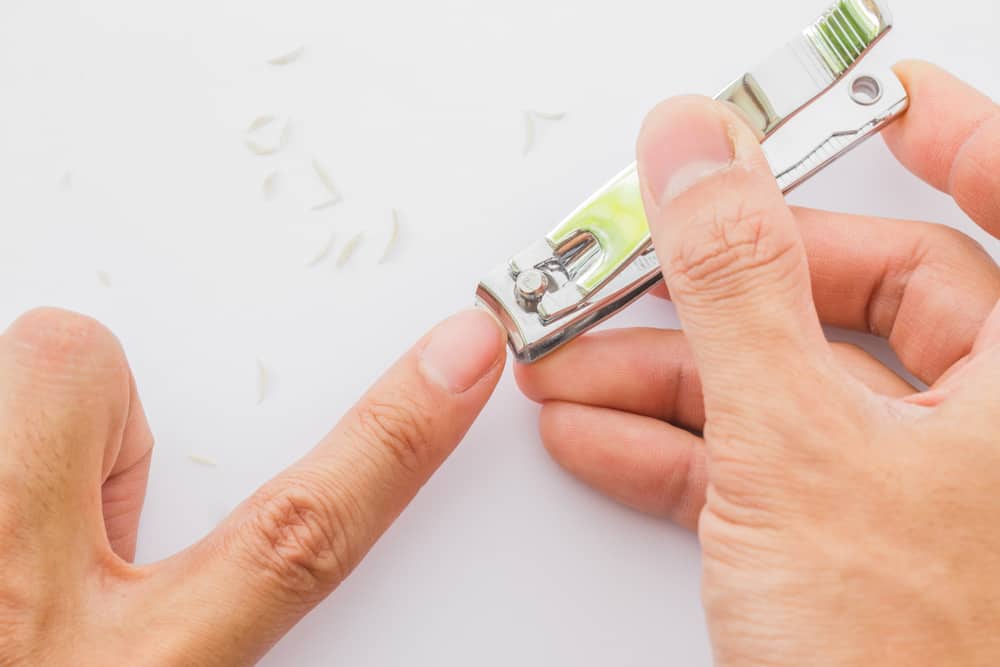Contents:
Medical Video: 💙 9 Clues You Should Know BEFORE Game of Thrones Season 8 from a Storytelling Perspective
After nine months of pregnancy, you are now just one step away from finally being able to meet your little angel. Moreover, if you are currently pregnant with your first child, you may feel nervous about labor and giving birth for the first time.
We have listed the questions that you have about labor, and provide answers that will ease your concerns.
Will I realize when my amniotic fluid breaks?
You might not be aware that your amniotic fluid has broken and woke up in shock to find scars on your sheets, if this happens at night. If it breaks during the day, you might think you just urinated in your pants - urine leakage at the end of pregnancy is normal due to the baby's head suppressing your bladder - but most women will be able to quickly realize that it's not urine. Sensation and smell of different amniotic water from urine. Sometimes, the amniotic fluid can spurt a little, which makes you have to change clothes quickly, but then it can not come out again due to the position of the baby's head that blocks the opening of the uterus so that the liquid will only come out again if you change position. Sometimes, the membranes break only dripping slowly.
Breaking amniotic fluid indicates you are ready to give birth, but you don't need to panic in a hurry to the hospital. In general, the membranes will rupture for labor, not at the beginning. All you have to do if the amniotic fluid breaks first is to call your doctor. This means that you will be ready to give birth in the next 1-2 days. If your membranes rupture before the contractions begin, that most women will start giving birth in 24 hours.
What is the sign that it's time to give birth?
Many signs give you a signal that labor is imminent, such as mucous plugs, the baby goes down or "falls down", and the feeling of cramping accompanied by common symptoms of flu; but in general you will rely on the duration of the contraction which becomes longer, stronger, and closer at one time. Contraction is the tightening of the uterine muscles and can last from about 45-90 seconds at the end of labor. Your stomach becomes very hard during contractions and then softens again. At first the contractions do not feel painful but will become very strong as the progress of labor.
Many women get "fake" contractions. This fake contraction does not open the cervix and does not make you give birth immediately. The difference between fake contractions, aka Braxton-Hicks contractions, and contractions of signs of real labor is that labor contractions will not disappear when you change position or drink water, and the duration becomes longer, stronger, and more frequent. Often women begin to realize the actual time of labor has begun when the contractions are around 5 or 6 minutes apart and feel quite painful so you have to stop what you are doing at that time.
Women are given quite a lot of cues to help them realize that they will be giving birth in the near future. Talk to your midwife or doctor about signs of labor and any situations that require you to call or immediately go to the hospital.
When to go to the hospital immediately?
For those of you who will give birth for the first time, and in the absence of medical assistance, it is recommended to immediately go to the hospital when the distance between contractions is around 3-4 minutes, for 1 minute at a time, and the pattern persists for one hour (4-1-1) .
You will get in touch with a doctor or midwife before that time so that you will not do anything reckless to let you give birth at home. If you prefer to minimize intervention, staying at home during the initial labor stage is very beneficial. The doctor and hospital staff will only send you and the partner returns home to wait if it comes too soon. Many couples are worried whether they will get to hospital on time, but you don't need to worry if you follow the 4-1-1 guide above.
The first childbirth on average occurs within 24 hours - babies born in taxis rarely occur in mothers who have given birth for the first time. Talk to your doctor or midwife about when to leave and what can be done at home before you really leave so you don't have to worry too much.
Isn't it better to give birth at home?
Mothers who choose to give birth for the first time at home carry a higher risk of stillbirth or sudden death babies (SIDS) than those who choose to give birth at a hospital / delivery clinic, reported from The Guardian. Furthermore, 45% of planned home deliveries ended in medical intervention requiring the mother to be transferred to the hospital during labor.
Can I use drugs during childbirth?
No one can deny that giving birth is very painful, and every mother is different in how she experiences it. Instead of being terrorized by pain, think about the possibility of your choice to overcome it. Some mothers know right away that they will choose epidurals or other types of painkillers. Some choose to wait and take action as needed, while others want to experience natural childbirth without pain medication.
Health professionals object to the use of epidurals (injections into the dura mater of the spinal cord, giving the whole numb sensation below the waist), because the ideal normal delivery according to them is labor without intervention. Medical interventions are more likely to occur once you are in the labor ward. Many obstetricians and women will argue that how to adapt to pain is a personal choice, and even if the choice increases the risk of other types of medical interventions, the decision will not be regrettable (if the alternative is suffering).
In the end, the decision on how you choose to overcome labor pain is entirely in your hands as the person who goes through all the processes.
When should I start pushing?
According to the Journal of Midwifery & Women's Health, reported by Health Line, once your cervix is wide open (about 10 cm) the doctor or midwife will start instructing you to push. If you have not / have not received painkillers, the desire to push will feel very strong. For most women, it feels better to push than to delay. Chasing is done instinctively and as hard as you feel you need.
If you get an epidural, you will not experience pain, but you will feel pressure. Coordination of your muscles will be a little more difficult to work with to push effectively so you may have to rely on a nurse, midwife, or doctor's guide to start pushing. Most women with epidurals can push very effectively and won't need the help of a forceps or vacuum extractor to give birth to their baby. If you are very numb, sometimes the nurse or doctor will advise you to take a break while the uterus continues to push the baby down. After a while, the epidural effect will decrease, you will feel more able to push, the baby will drop further down the birth canal, and labor can continue.
To push effectively, you will need to take a deep breath and hold it in the lungs, place your chin on your chest, and pull your legs towards your chest when you push. The same instructions apply if you give birth in a squat position. You use the same muscle to push the baby out like to push a bowel movement. Certain muscles are very strong and effective in helping to give birth to a baby. If this muscle is not used, the labor process can run much longer than usual. Check here to understand more clearly the stages of normal labor.
What if I defecate during labor?
It's natural if you accidentally defecate during childbirth. No need to be embarrassed, because doctors and midwifery staff are familiar with this - and also part of their duty to clean it during the procedure.
When you push the baby out, there is a big chance that other things will come out following. Usually not many - pregnant women often experience bowel movements at the end of pregnancy and tend to go back and forth to the bathroom during early labor. If you do not get an epidural, the instinct to push for the first time will be very similar to the feeling of having a bowel movement at a critical time. Some women can not feel the urge to push, but if you feel it, do it. Most likely, the feeling of dying is your desire to immediately remove the baby - not another.
What if I want to have a caesarean section?
Clinically, almost everyone tries to persuade mothers to avoid C-section caesarean section because of the high risk and longer recovery time. Caesarean section is also often carried out in the process of giving birth if the mother feels afraid, and professional staff should take the path to relieve the patient's anxiety rather than fulfill their demands. But on the other hand, someone often wants certain things for certain reasons. This, again, is your personal choice as a person who goes through the process. Find out what happened during the caesarean delivery process here.
When can I start breastfeeding my baby?
After your doctor / midwife has finished checking the overall status of your baby (Apgar test, cutting the placenta, taking blood samples) - it can be done while you hold it - You can start breastfeeding as soon as possible.
In fact, the American Academy of Pediatrics (AAP) recommends that healthy infants be "placed and remain in skin-to-skin contact with their mothers immediately after giving birth until the first breastfeeding is successful." No need to panic if your baby seems to have difficulty finding or settling on your nipple right after birth - he might just lick your nipples at first. Most babies will finally start breastfeeding in about one hour, when given the opportunity.
Don't be shy about asking a caregiver or nurse to help you start breastfeeding when you are still in the delivery room (or recovery room, if you have a caesarean section). Then, when you are transferred to the postpartum unit, there may be a lactation consultant available for breastfeeding coaching. You must first know the resources available at the health facility where you live. Be sure to ask for all the help you need.
READ ALSO:
- 8 Shocking Things That May Happen During Childbirth
- Diligent Pregnant Women Exercising Gives Birth to Smart Babies
- 10 Tips for Returning to Ideal Body Weight After Childbirth












